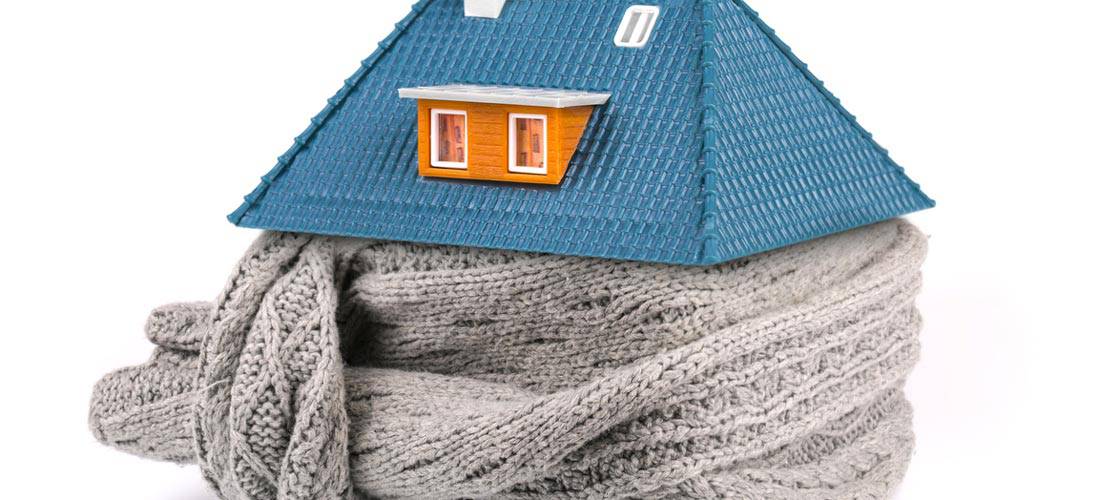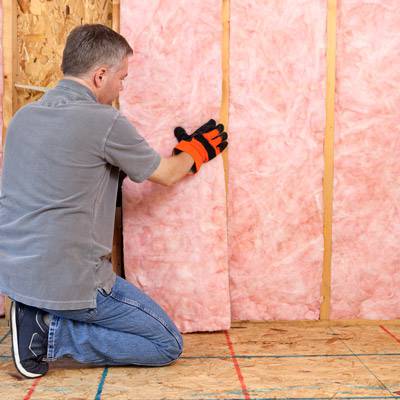Your home's insulation is the second line of defense against cold weather, heating loss and energy saving.
Effective home insulation offers many benefits and advantages. Adding insulation is one of the most important steps you can take to add to your family’s comfort, create a healthier home environment, improve its energy performance, and lessen its environmental impact.

The Need for Insulation
It is essential to insulate your home, especially if it is an old house because warm air can leak from a multitude of areas.
There might be a series of patched holes in your exterior walls as well as loose fill between ceiling joists, among many other things. Air leaks can come from cracks and gaps around windows, ducts, electrical outlets, and recessed lighting. Moreover, you also have to check if fireplaces and chimneys have non-functioning dampers.
But the primary site of heat loss is through the top of the house. If roofs are not properly insulated, heat rises and can escape through it during cold months, or you can be losing too much cool air during warmer seasons.
Insulating Your House Effectively
 How much insulation does your house needs? It depends on what part of the country you live in and what part of the house that needs insulating. An insulation material’s R-value – the material’s resistance to heat flow or thermal resistance – determines whether your house is properly insulated or not. The higher the R-value, the better the material insulates.
How much insulation does your house needs? It depends on what part of the country you live in and what part of the house that needs insulating. An insulation material’s R-value – the material’s resistance to heat flow or thermal resistance – determines whether your house is properly insulated or not. The higher the R-value, the better the material insulates.
Environmental Considerations
The most important environmental consideration when selecting an insulation material is its performance and suitability for your home. The energy savings you will get from a well-insulated home far outweighs the environmental impact of insulation’s material type.
According to the North American Insulation Manufacturers Association, you can save for as much as 12 times the energy it takes to manufacture the insulation material.
When you can’t decide between two effective insulation materials of equal performance, consider the environmental impact of each product's manufacture and disposal. So rather than choosing an insulation material made from limited petroleum resources and are difficult or impossible to recycle, choose those that are made from almost entirely nontoxic, abundant or renewable materials.
Indoor air quality is also affected by the type of insulation material you’re going to use. If any of your family members has chemical sensitivities or allergic reactions to certain materials, it is best to check their response to a product before installing it.
Why Insulation is Beneficial
- Insulation uses less fossil fuel, thereby reducing your carbon footprint.
- It can cut the amount of energy needed to power the heating and cooling appliances.
- It can significantly bring down utility bills and heating costs.
- It can increase the comfort of your home.
- It can save you money by up to 25%.
- It can improve your home’s “building energy rating” which can add up to the value of your property.
- There are many excellent insulation options to suit any type of home, regardless of its age and design style.
- Installation process is fast and easy.
- It can offer significant health benefits because mold growth is inhibited.
- It is low-maintenance and can last a lifetime for your home.












Write a Comment